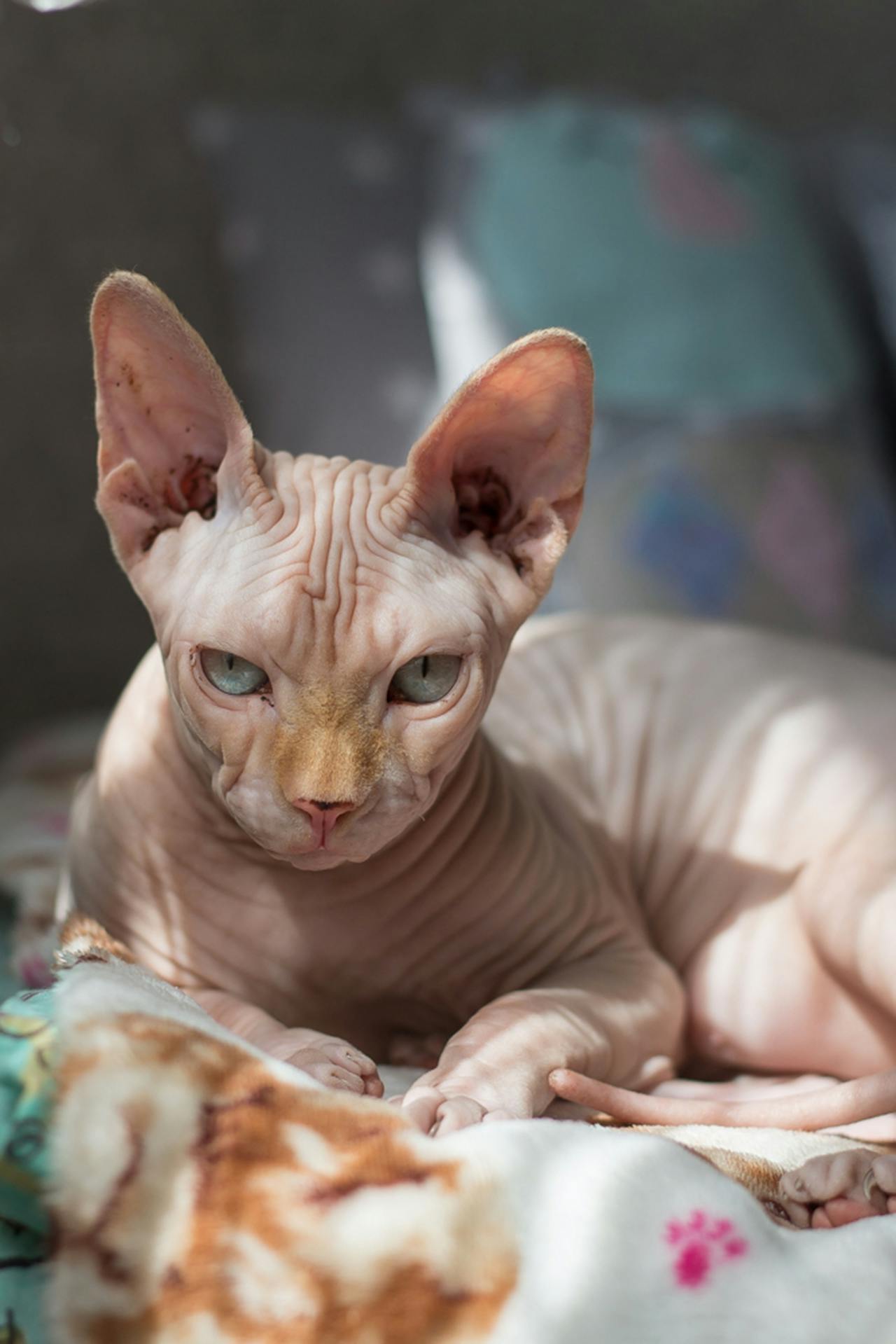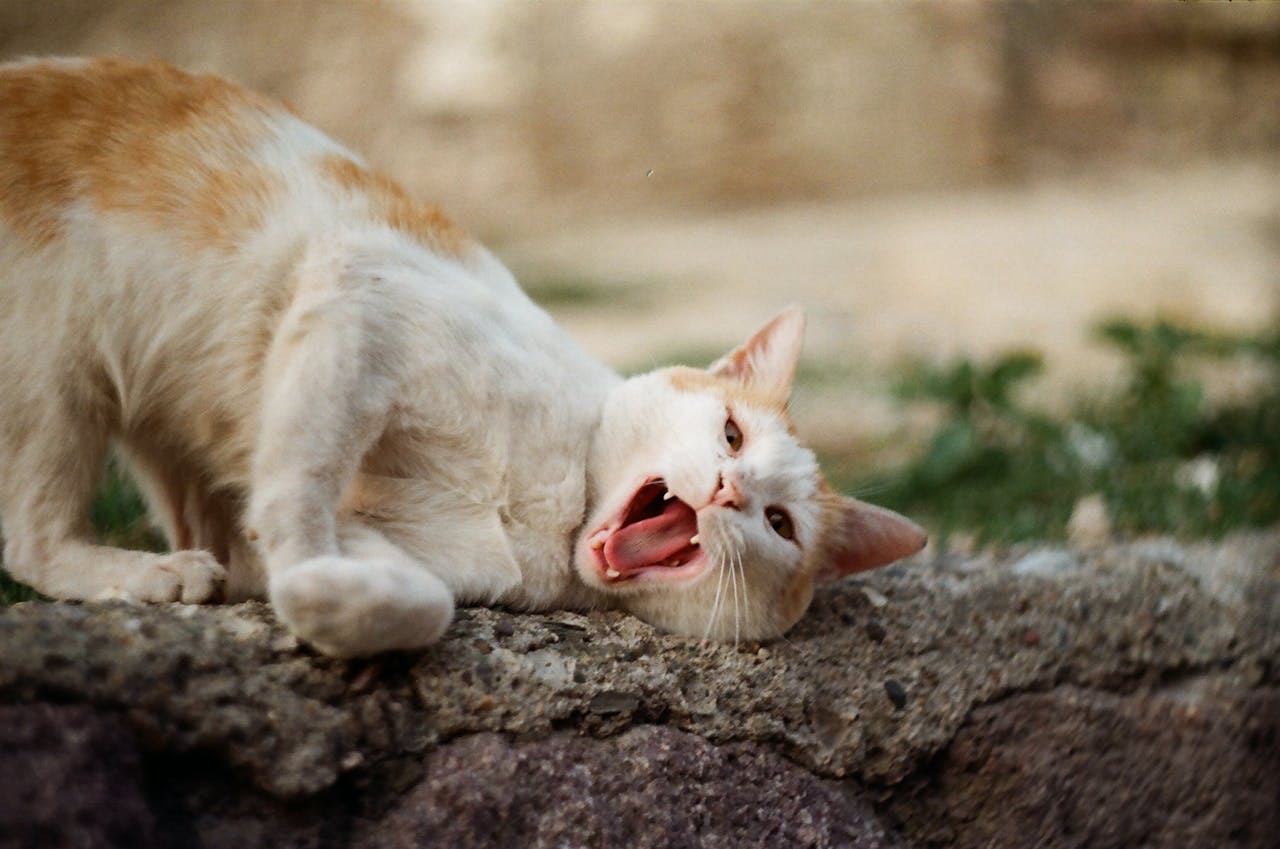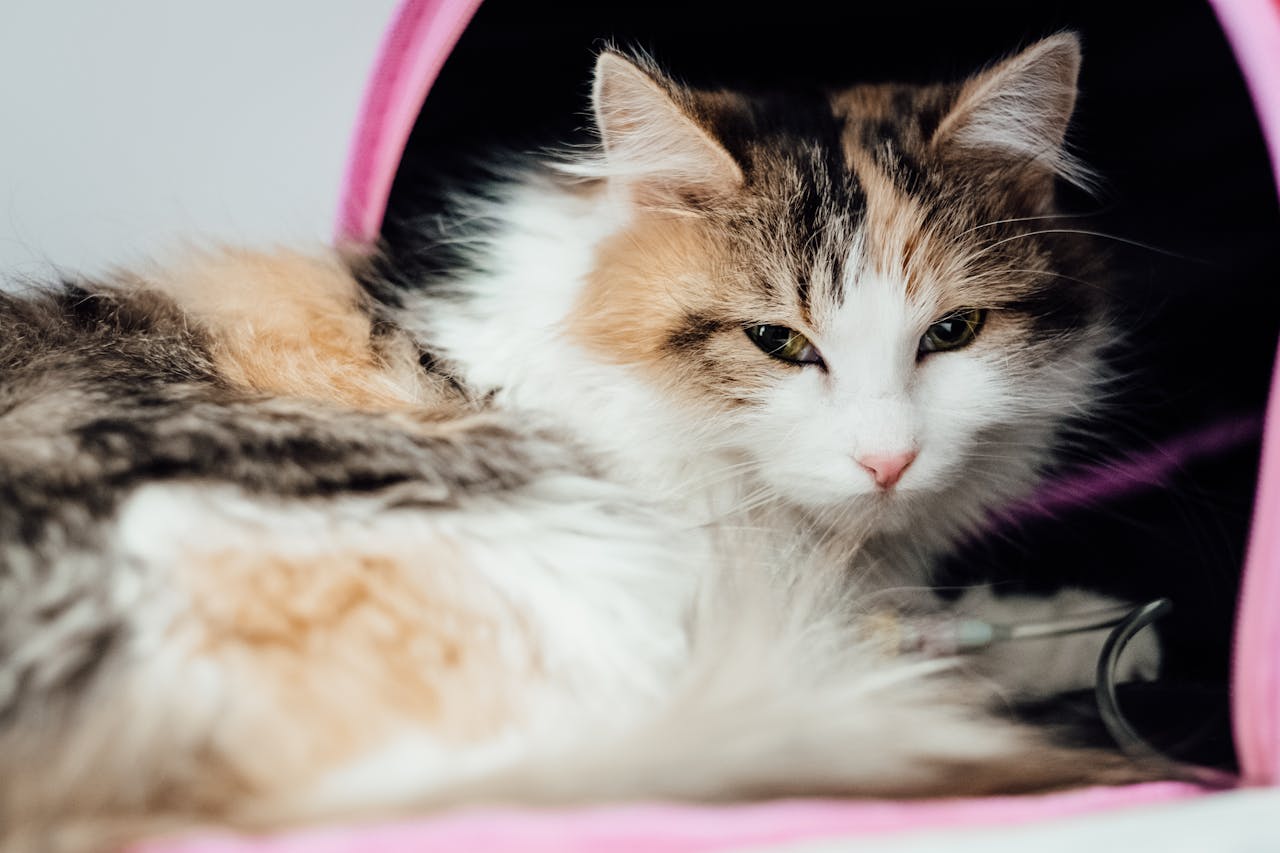Understanding Cancer in Birds and Exotic Pets

Early Warning Signs to Watch For
Unlike cats and dogs, which might display symptoms in the early stages, exotic pets often mask their illnesses. Subtle changes in behavior, appetite, or activity levels could be red flags. If your pet experiences persistent diarrhea, vomiting, fatigue, or unusual behaviors, it’s important to contact your veterinarian right away.
Common Cancer in Exotic Pets: Lymphosarcoma
Lymphosarcoma is one of the most frequent types of cancer seen in exotic pets, including rabbits, guinea pigs, ferrets, and pot-bellied pigs. The best way to detect this type of cancer early is through regular physical checks for lumps, bumps, or swelling on your pet’s body.
Fortunately, exotic pets tend to tolerate cancer treatments like chemotherapy better than humans do. They generally don’t experience severe side effects such as major weight loss or hair loss. However, in advanced stages of cancer, pets might lose their appetite or become less active.
Treatment Options for Exotic Pet Cancer
If your exotic pet is diagnosed with cancer, there are typically three main treatment options:
-
Surgery – Removing the tumor or affected area.
-
Chemotherapy – Using medications to target cancer cells.
-
Radiation Therapy – Targeting cancer with focused radiation.
Thanks to advancements in veterinary medicine, treatment options for exotic pets have significantly improved in recent years, offering better outcomes and quality of life.
Recognizing the Signs of Cancer
Here are the top 10 symptoms that could indicate cancer in your exotic pet:
-
Abnormal swellings that persist or grow.
-
Non-healing sores.
-
Sudden or unexplained weight loss.
-
Decreased appetite.
-
Bleeding or discharge from any part of the body.
-
Unpleasant or unusual odors.
-
Trouble eating or swallowing.
-
Reluctance to exercise or loss of stamina.
-
Ongoing lameness or stiffness.
-
Difficulty breathing, urinating, or defecating.
Routine Vet Visits are Essential
Regular veterinary check-ups are key to keeping your exotic pet healthy. These visits not only help detect potential health issues early but also provide peace of mind that your pet is thriving. If you notice any concerning changes, don’t hesitate to reach out to your veterinarian for advice or a thorough examination.
Caring for exotic pets means staying attentive to their unique needs—and being proactive can make all the difference in their health and happiness.
Get insurance plans with wide-ranging coverage options













